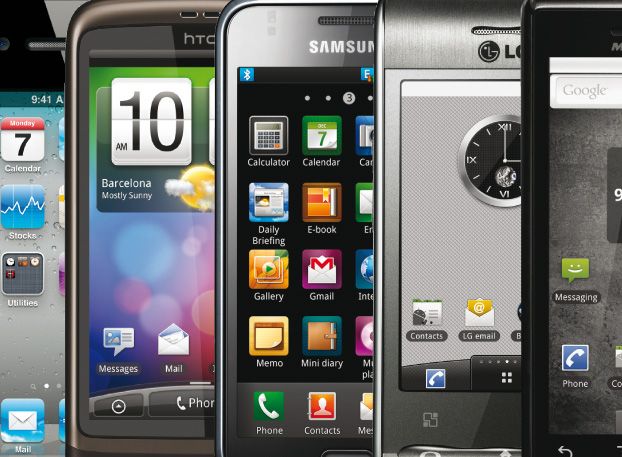

New figures from IDC have revealed that the burgeoning bring-your-own-device (BYOD) trend in enterprises is a key driving factor in the first-quarter revenue growth in the global WLAN market.
BYOD also helped Cisco Systems and Aruba Networks both grow their share of the highly competitive market, said the market researcher.
According to numbers released 22 May by IDC analysts, worldwide WLAN revenue grew 13.9 percent in the first three months of the year, with the enterprise segment alone jumping 27.2 percent. Much of that growth can be attributed to the BYOD push and to service providers looking for ways to alleviate the pressure on their cellular networks, according to Rohit Mehra, director of IDC’s Enterprise Communications infrastructure unit.
“The momentum behind bring your own device in the enterprise continues unabated, and is the single largest factor driving enterprise mobility and WLAN market growth,” Mehra said in a statement. “Along with the increasing use of Wi-Fi by service providers to offload cellular data traffic, current market drivers in key verticals will ensure the market for enterprise-class WLAN devices and solutions will see continued traction, and that the market is expected to stay vibrant for the foreseeable future.”
Various studies are finding that the BYOD issue will not go away, and that organisations increasingly are embracing it. Networking and collaboration vendors – including Cisco, Juniper Networks, Hewlett-Packard and others – are rolling out products and services designed to enable businesses to more easily create and implement BYOD policies.
In a study released earlier this month, communications giant BT found that more than 80 percent of IT managers believe businesses can gain a competitive advantage by implementing a BYOD program, and that four out of five companies have implemented a program or are planning to do so within the next two years. In a similar study, Cisco found that 95 percent of respondents said their organisations allow employee-owned devices in some form in the workplace, and that 76 percent said BYOD was somewhat or extremely positive for their companies while at the same time challenging for their IT departments.
However, not all studies are as positive. In a report issued in April, Mimecast, an email archiving and security firm, found that while 47 percent of respondents find consumerisation of IT important to highly important to the enterprise, 21 percent said BYOD has been a risk to the business, with a separate 26 percent admitting their business does not allow employees to use their own devices for corporate tasks.
That said, the WLAN numbers reported by IDC show the demand businesses have for the technology, according to Petr Jiovsky, senior research analyst for IDC’s Worldwide Networking Trackers Group.
“The positive results in the enterprise WLAN market over the last several quarters, which includes several established and emerging vendors, indicates that WLAN investments remain high on the priority list of many CIOs,” Jirovsky said in a statement.
Cisco continues to be the big winner in the market, seeing its leading share of the worldwide WLAN market holding at 52.4 percent. The company’s global WLAN revenue jumped 27 percent in the first quarter, compared with the same period in 2011, with almost half of that business being done in North America, according to IDC.
Aruba, which saw its revenue grow 42.8 percent from the first quarter last year, has a market share of 11.6 percent. Rounding out the top five were HP – whose WLAN revenue grew 10 percent – which saw its market share drop from 6.6 percent in the first quarter of 2011 to 5.7 percent this year; Motorola Solutions, with a 5.3 percent share; and Ruckus, which posted 183 percent revenue growth and a 5.2 percent share.
How much do you know about smartphones? Take our quiz.
American space agency prepares for testing of Boeing's Starliner, to ensure it has two space…
As UK and Europe develop closer military ties, European Commission says it will invest €1.3…
Zuckerberg seeks to revive Facebook's original spirit, as Meta launches Facebook Friends tab, so users…
Notable development for Meta, after appeal against 2021 WhatsApp privacy fine is backed by advisor…
First sign of shake-up under new CEO Lip-Bu Tan? Three Intel board members confirm they…
Trump's nominee for SEC Chairman, Paul Atkins, has pledged a “rational, coherent, and principled approach”…